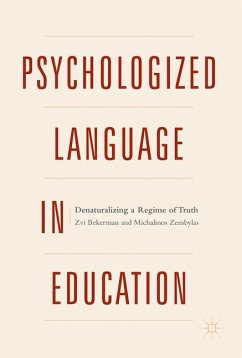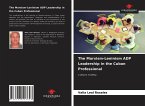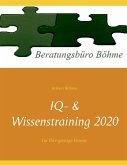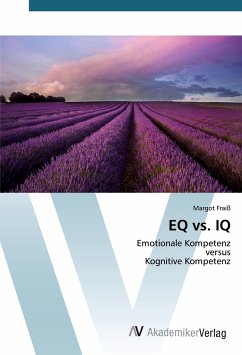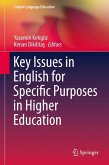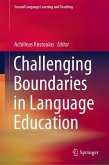This book explores how psychologized language has come to dominate education and schooling. Taking a critical lens to some major constructs in education-e.g. the mind, the self, identity, emotion, emotional intelligence, motivation, culture, language and meaning-and their grounding in psychologized discourses, the authors suggest possible ways to overcome these psychologized discourses and remedy their consequences. The book invites readers to move away from static, reified conceptualizations to a more active, social understanding of what education is all about.
"Psychologised Language in Education: Denaturalising a Regime of Truth is an interesting attempt to problematise the relationship between psychology and education and contribute tools to tackle the senses (or nonsenses) of education in contemporary capitalist societies. ... It can also help us to recognise that the most revolutionary action that scholars and educational workers can perform is to examine our language and to face educational practice optimistically." (Diego Palacios Diaz, Pedagogy, Culture & Society, February 11, 2020)
"Psychologized language in education is one of the most important recent contributions to educational theory in the context of contemporary social sciences and humanities, and an investment into the field of ideas aimed at transforming educational practice." (DarkoStrajn, International Review of Education, Vol. 65, 2019)
"Psychologized language in education is one of the most important recent contributions to educational theory in the context of contemporary social sciences and humanities, and an investment into the field of ideas aimed at transforming educational practice." (DarkoStrajn, International Review of Education, Vol. 65, 2019)

